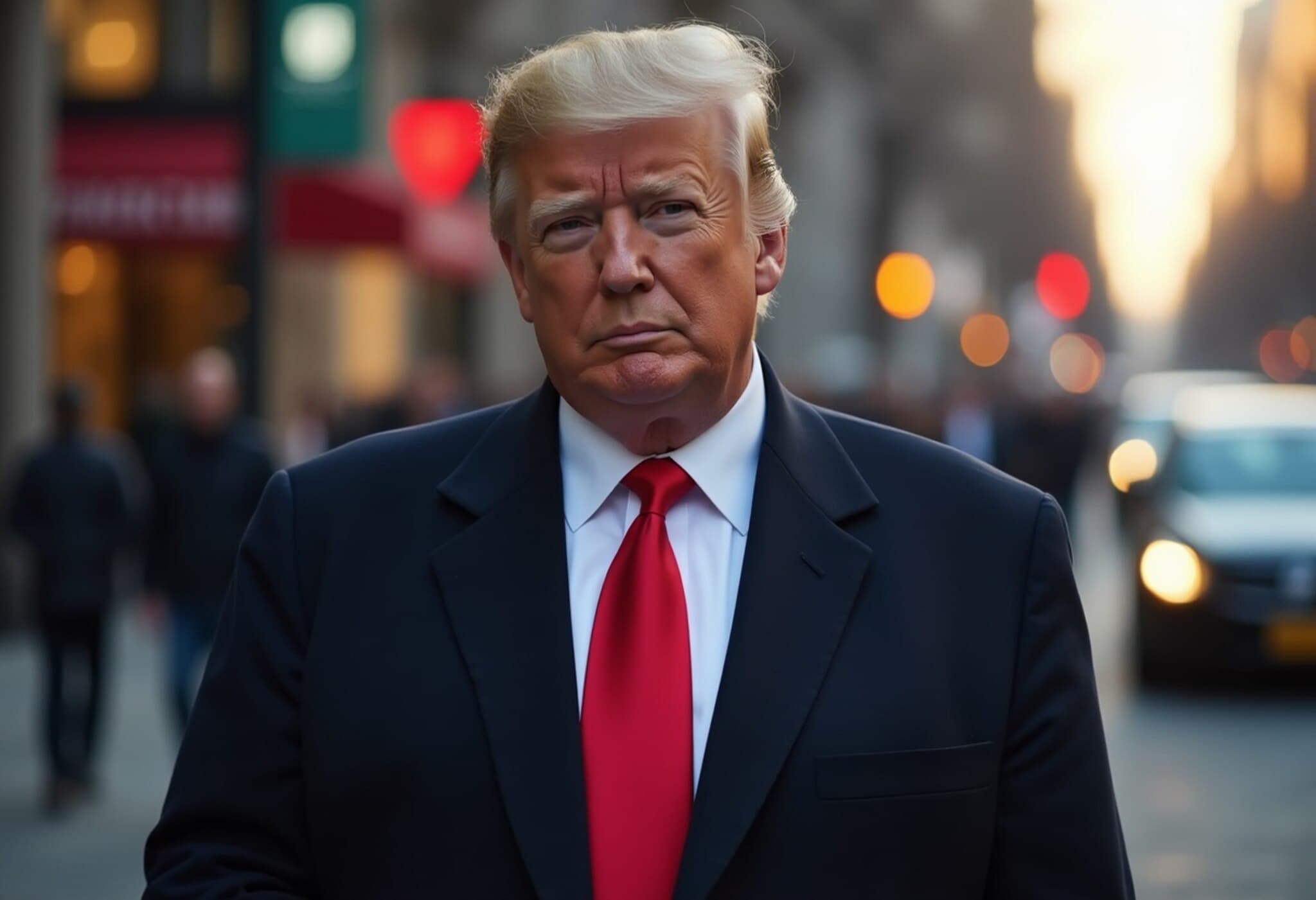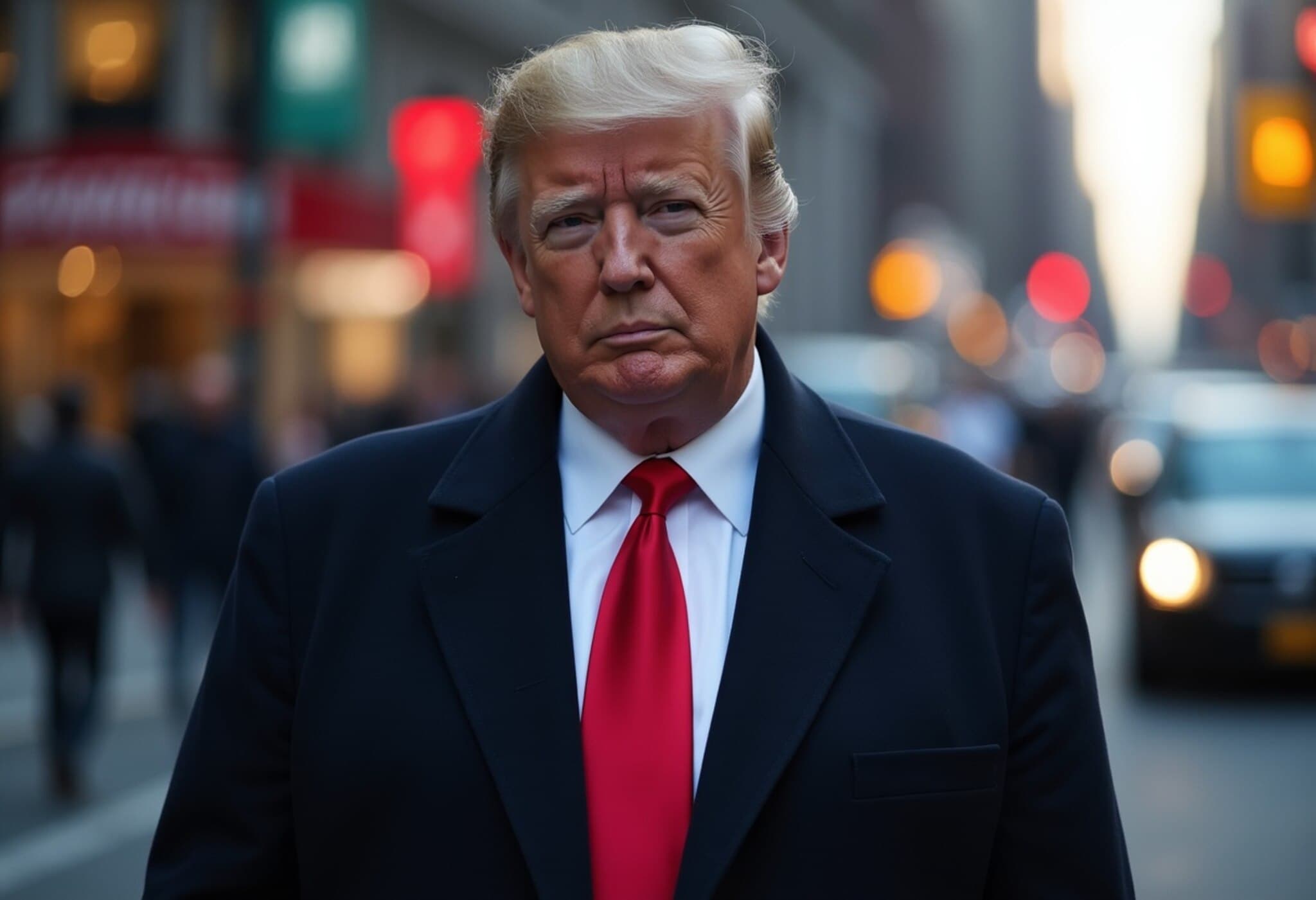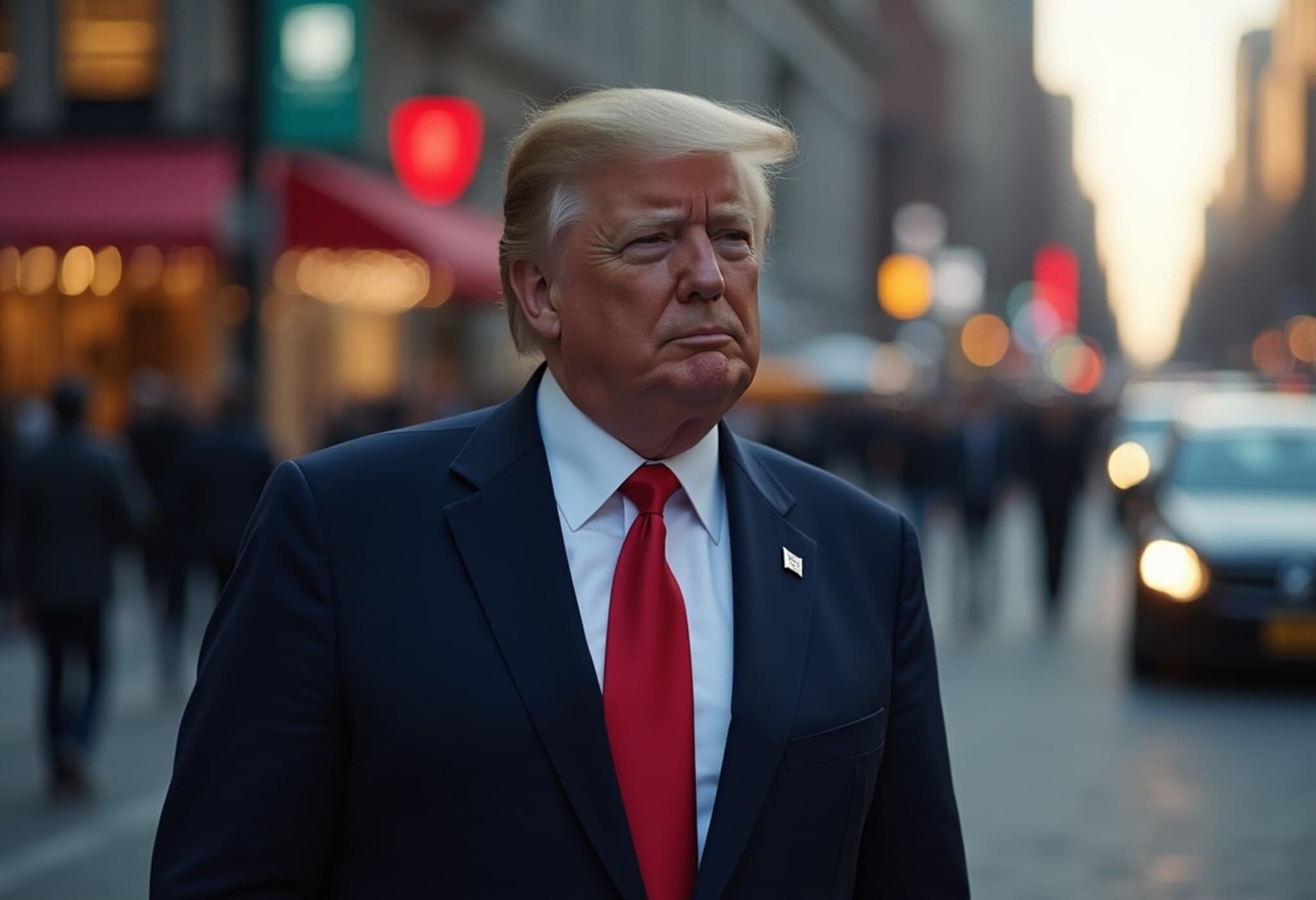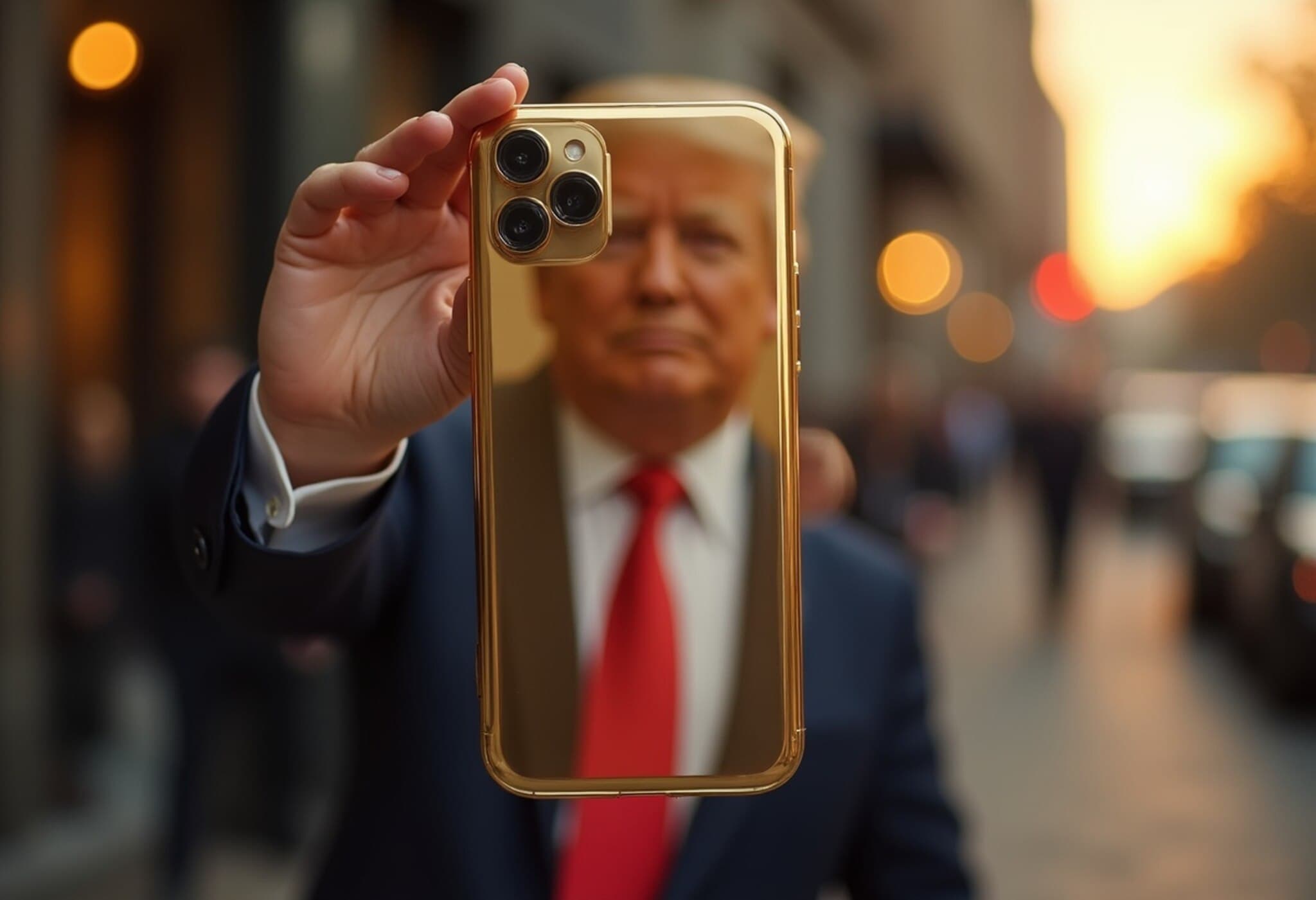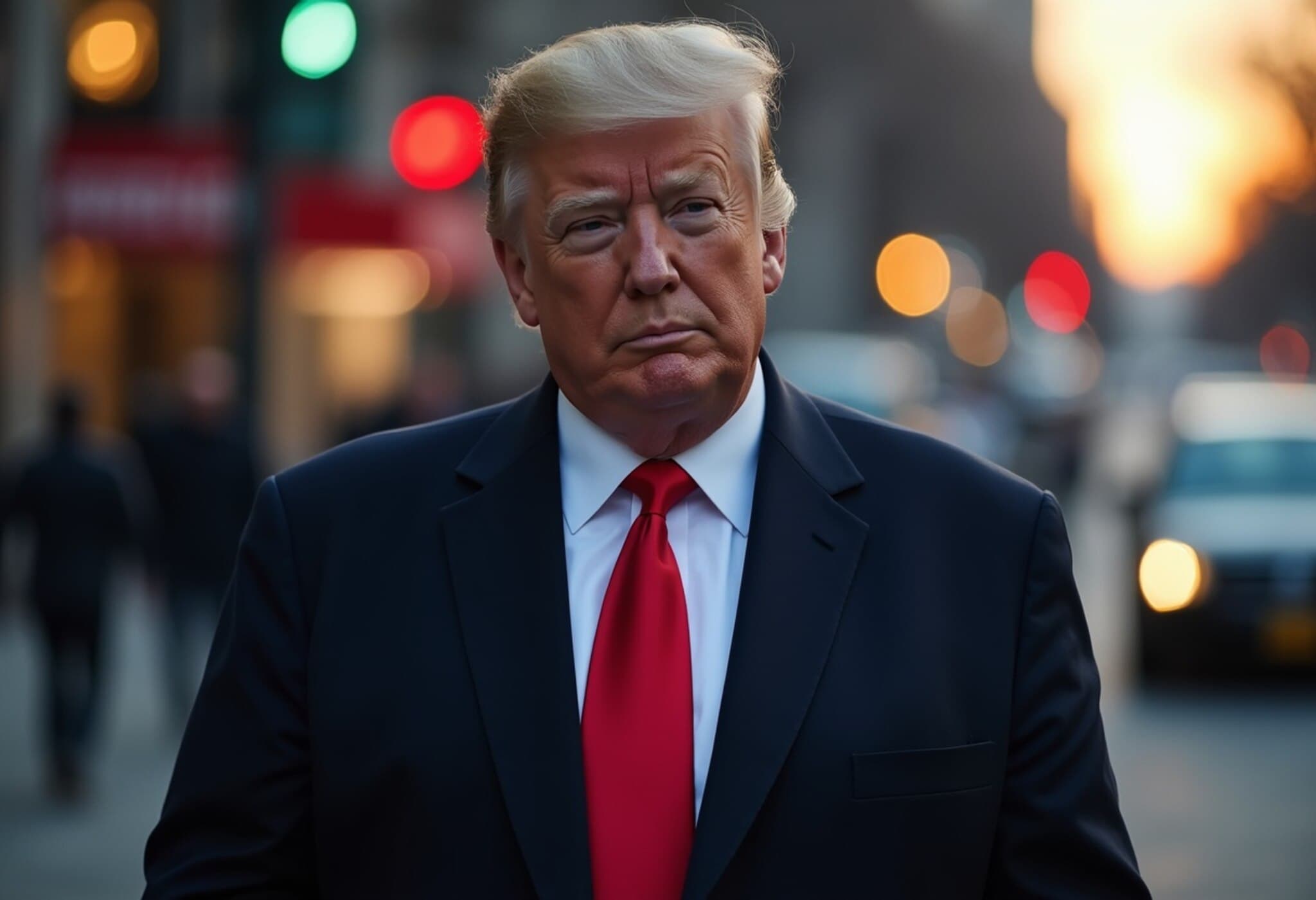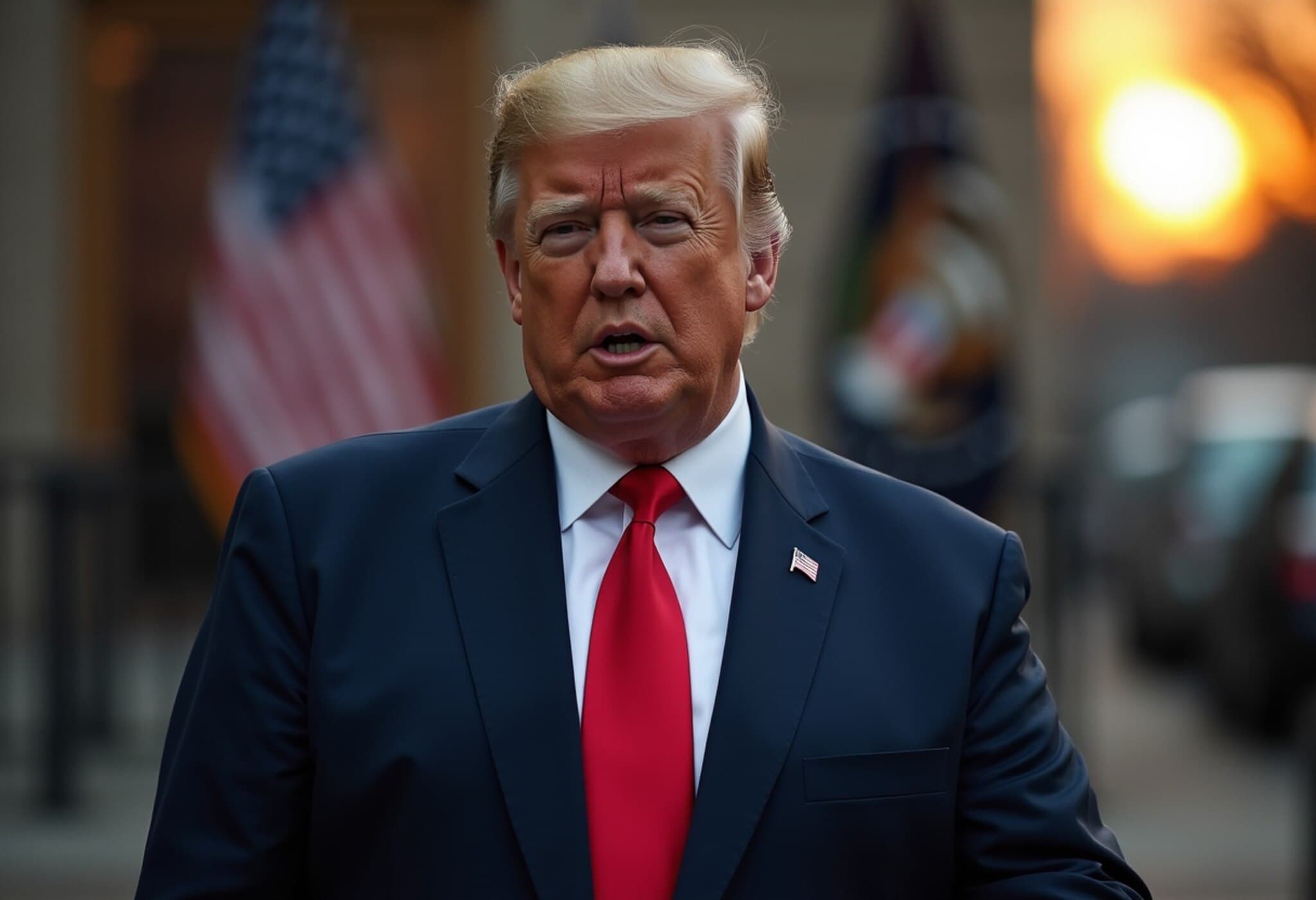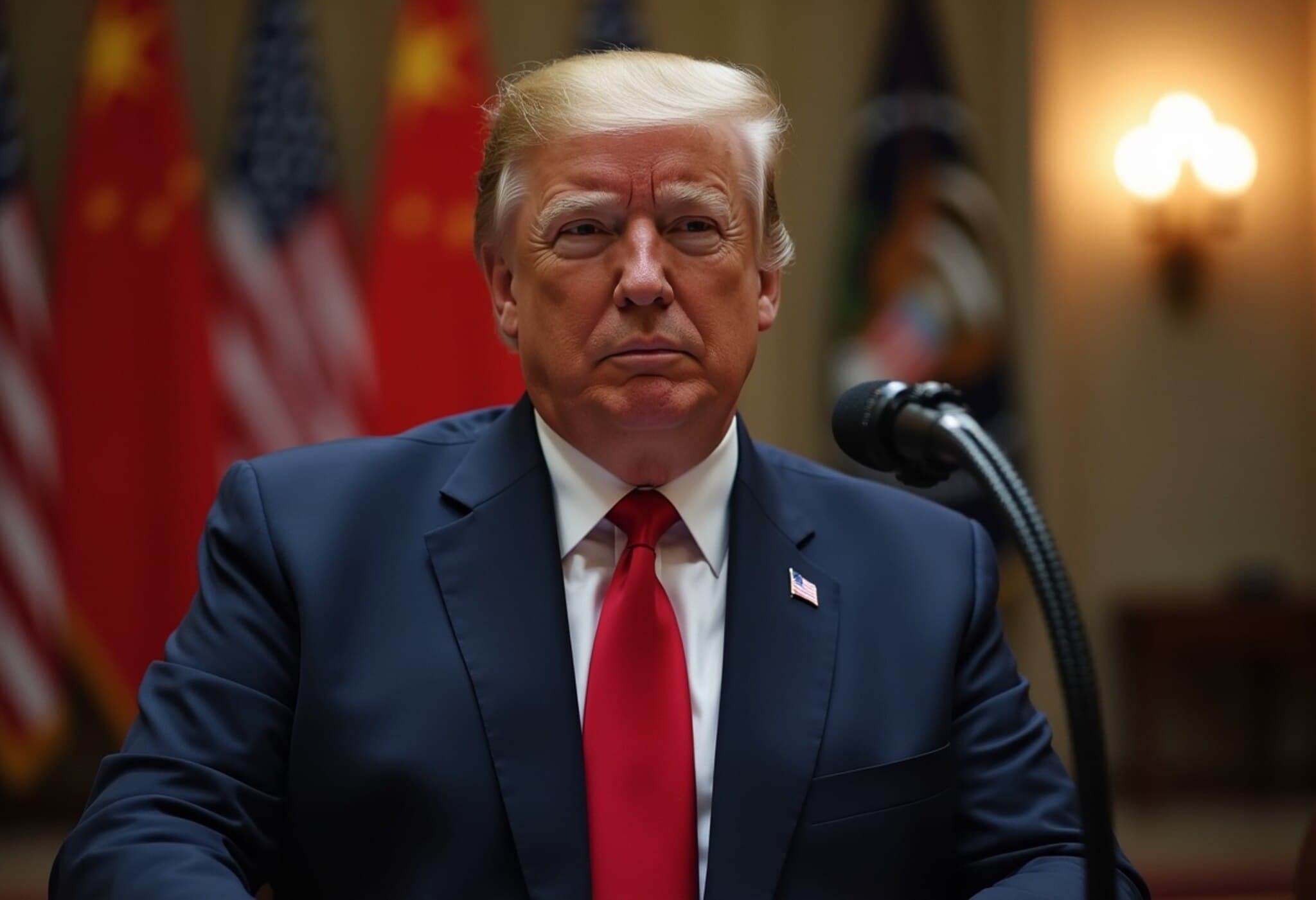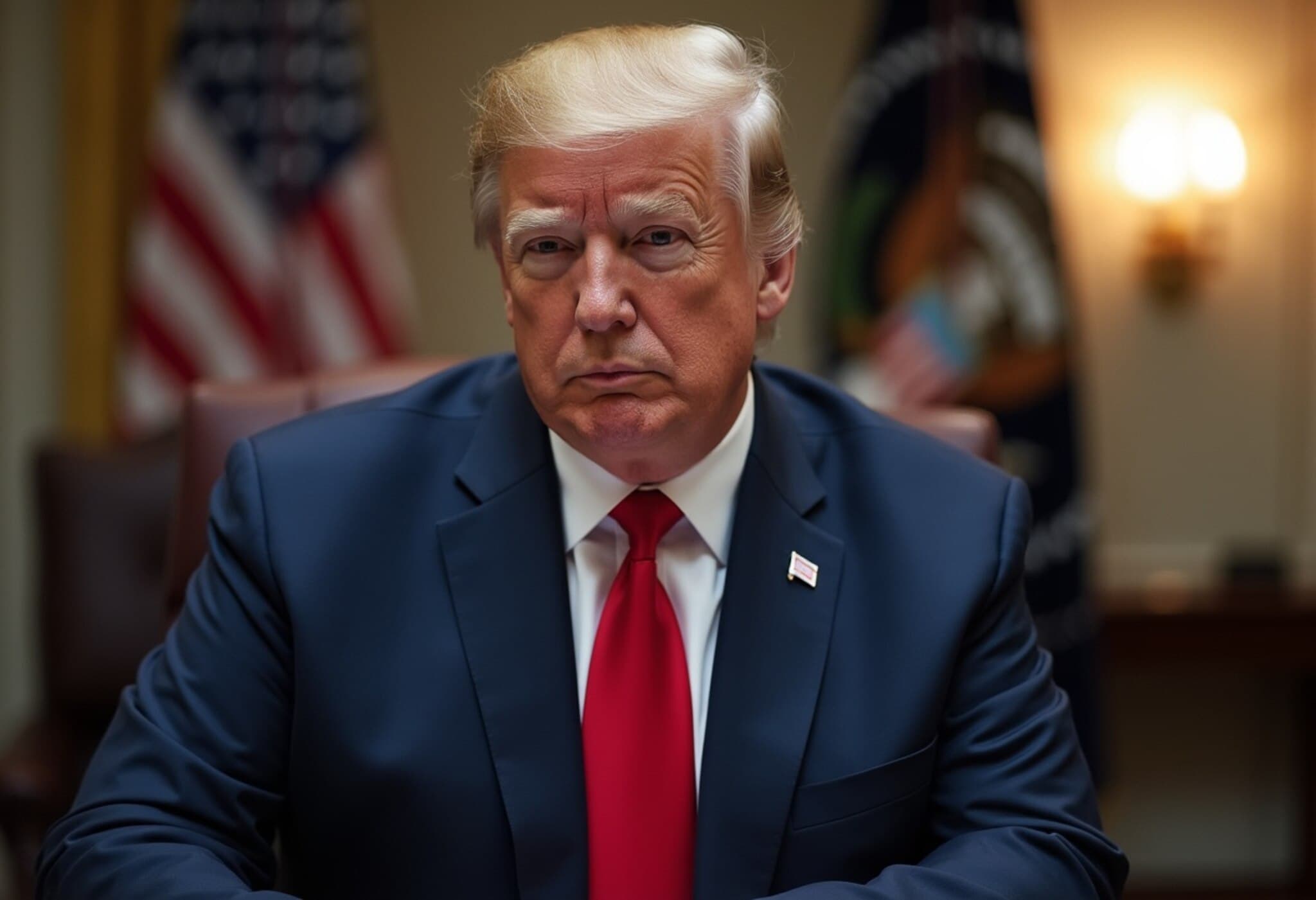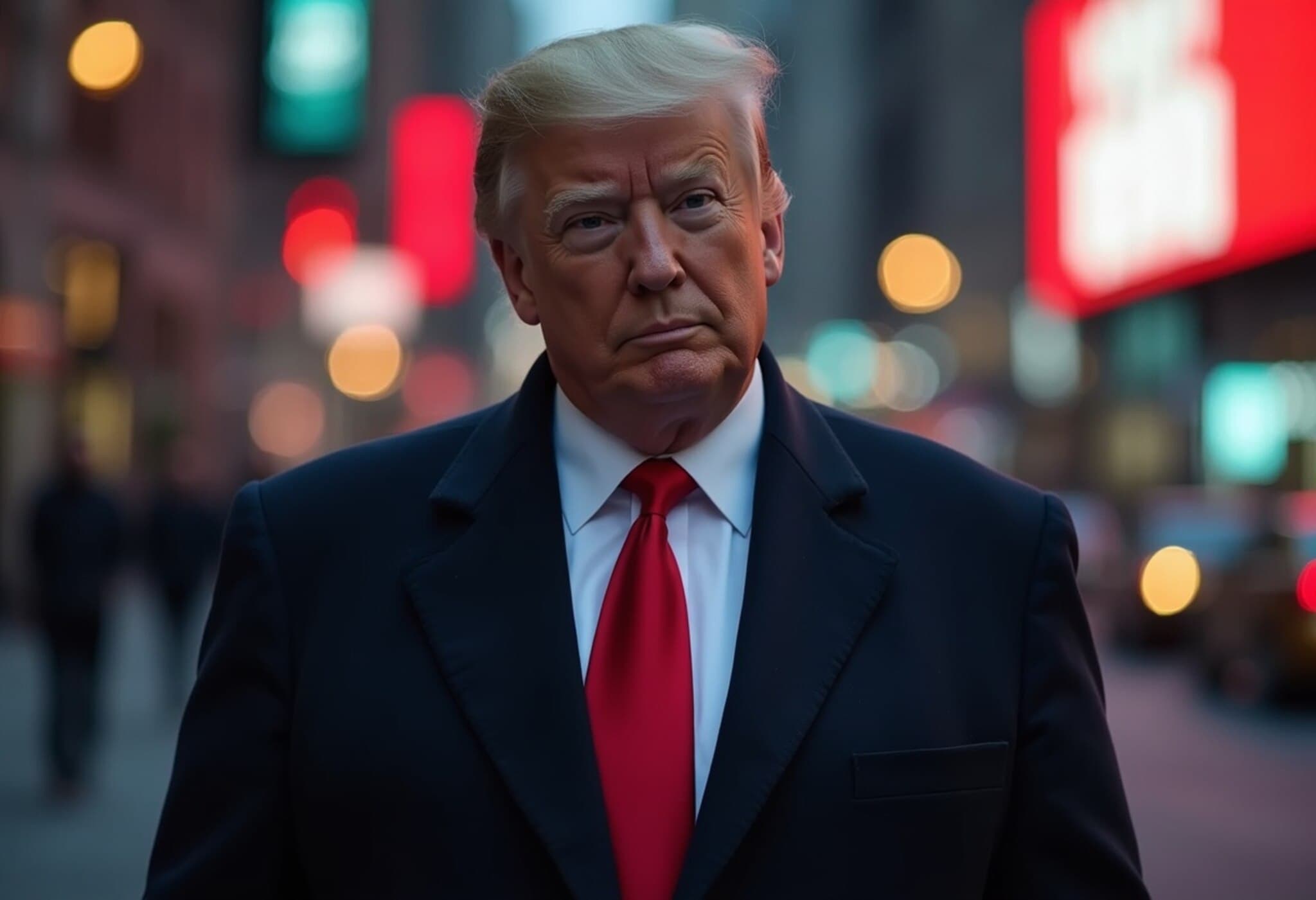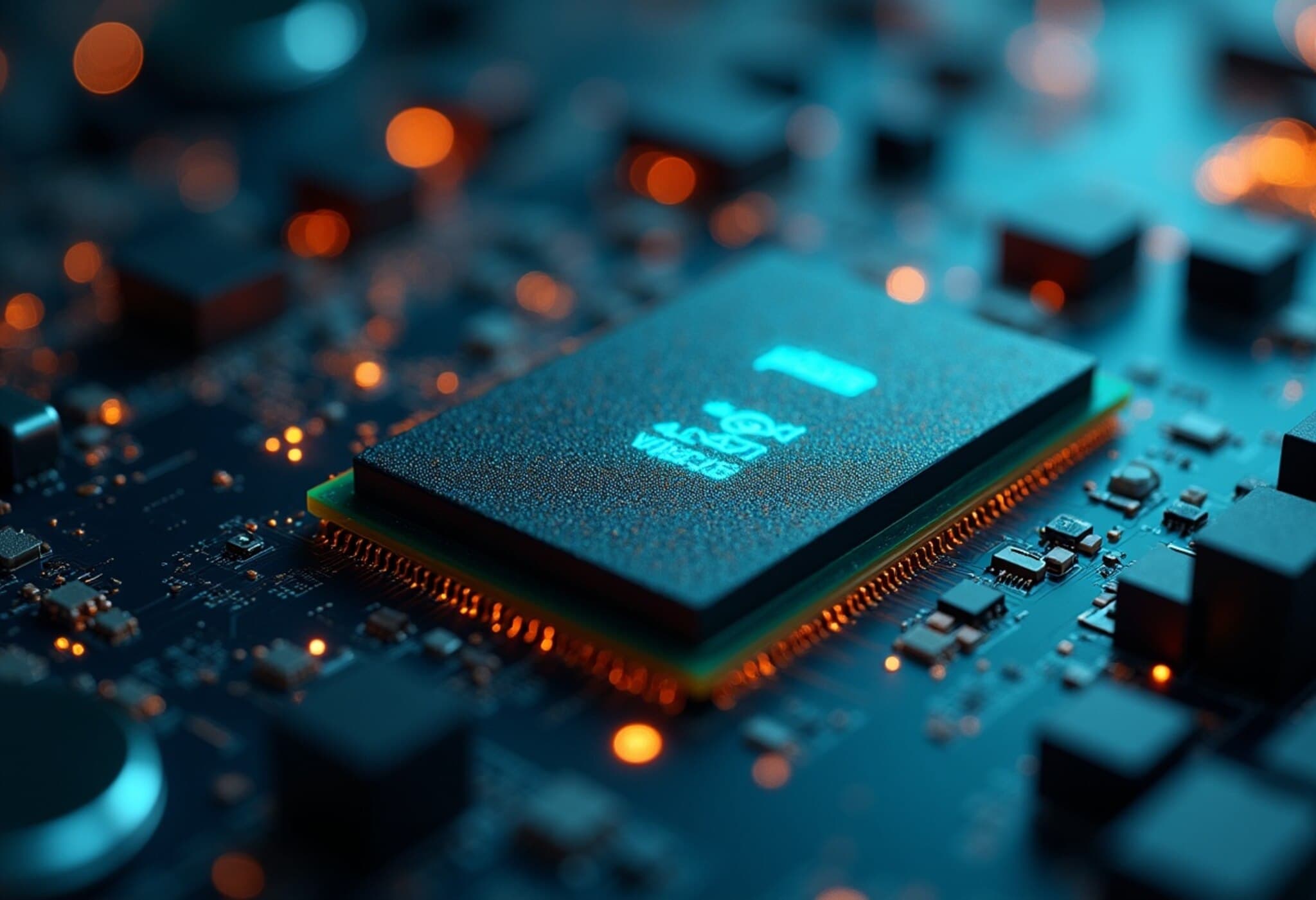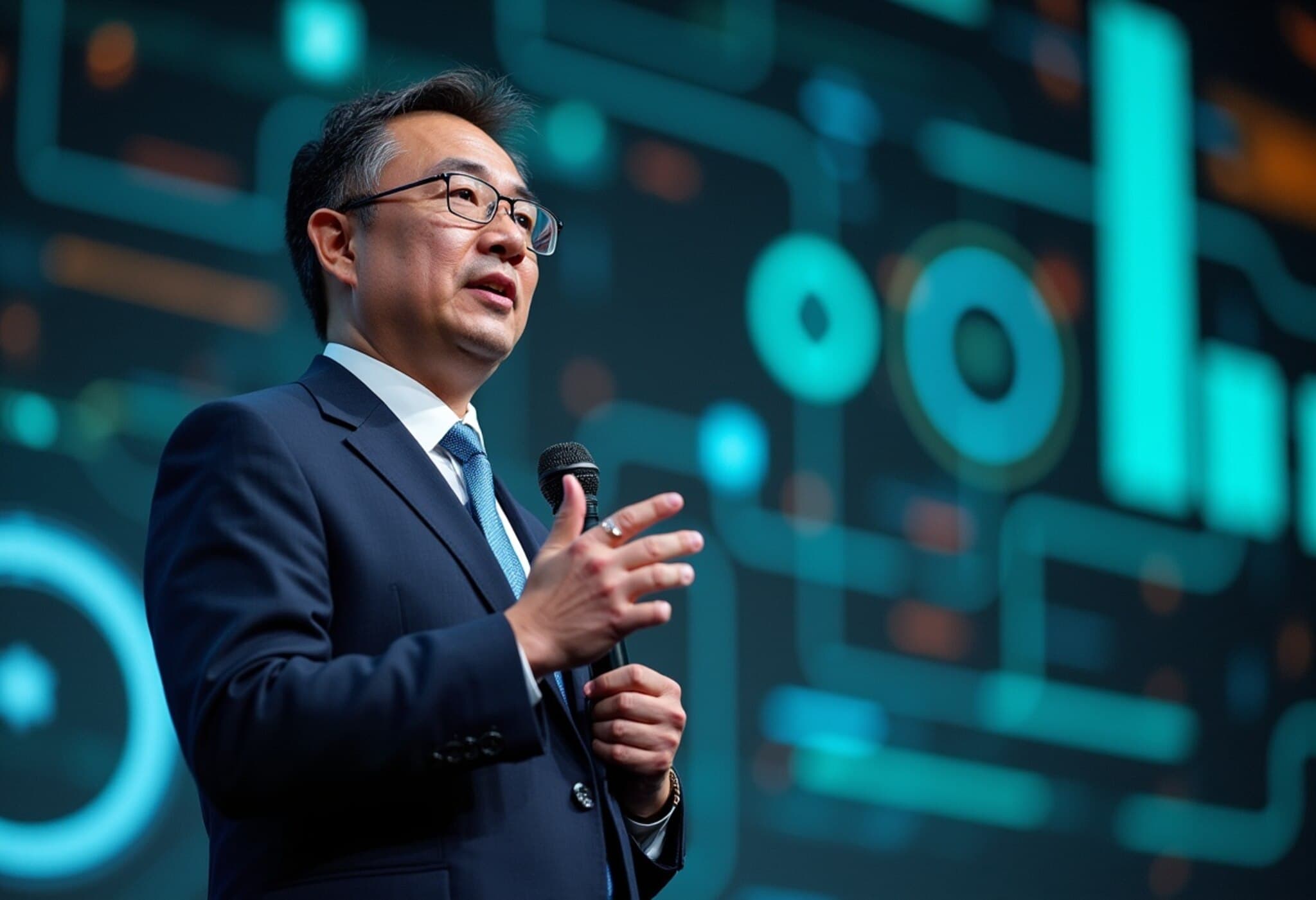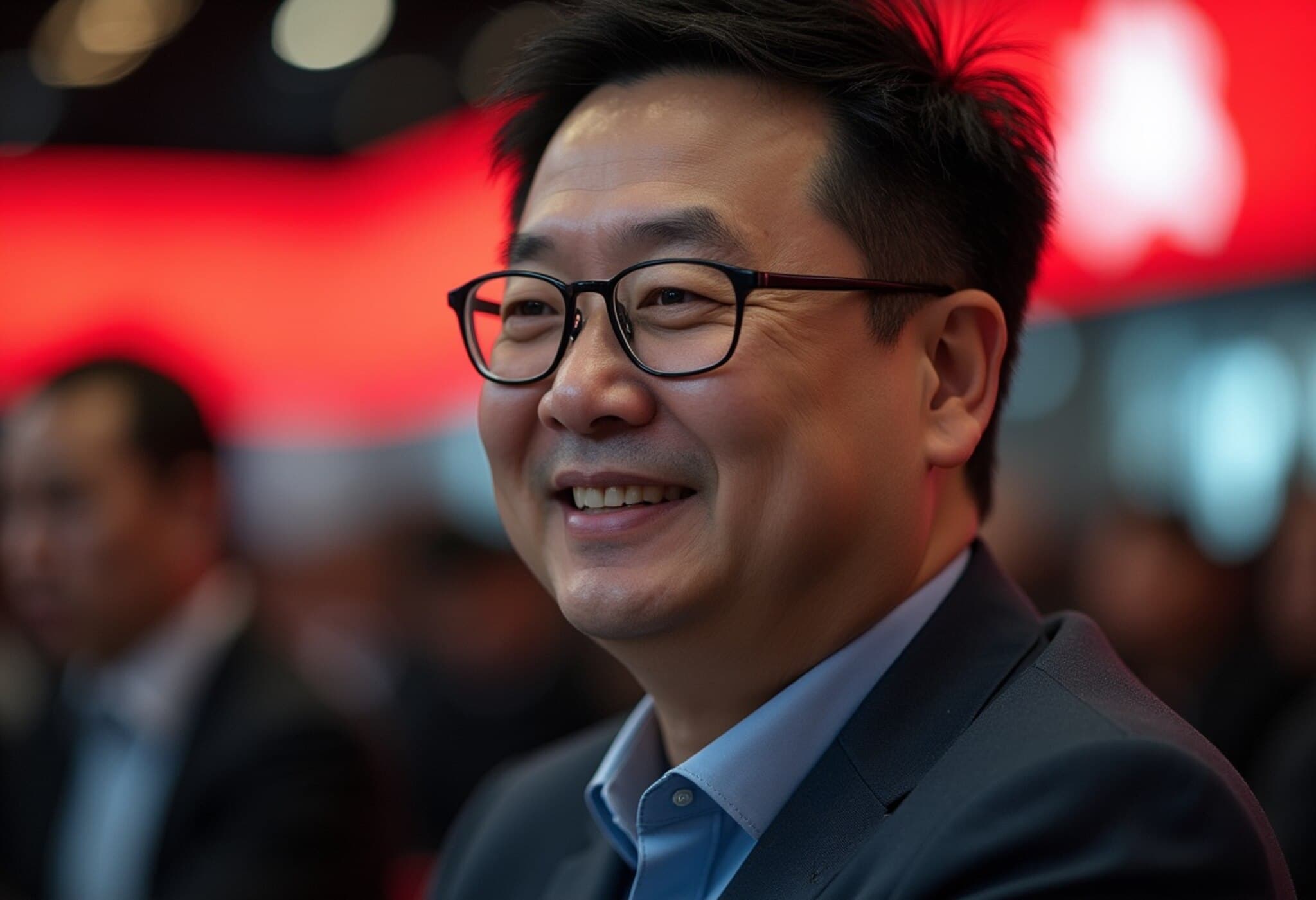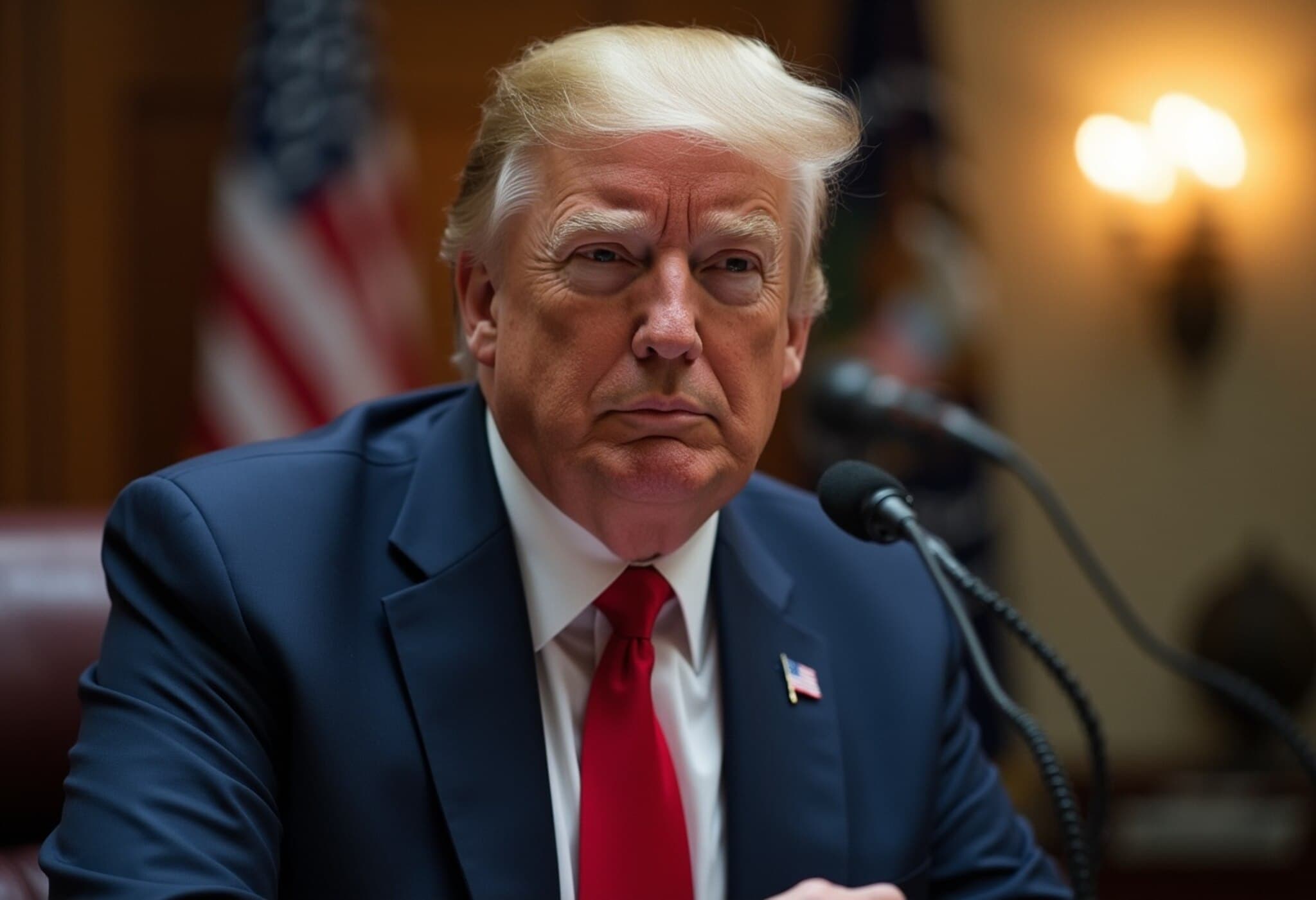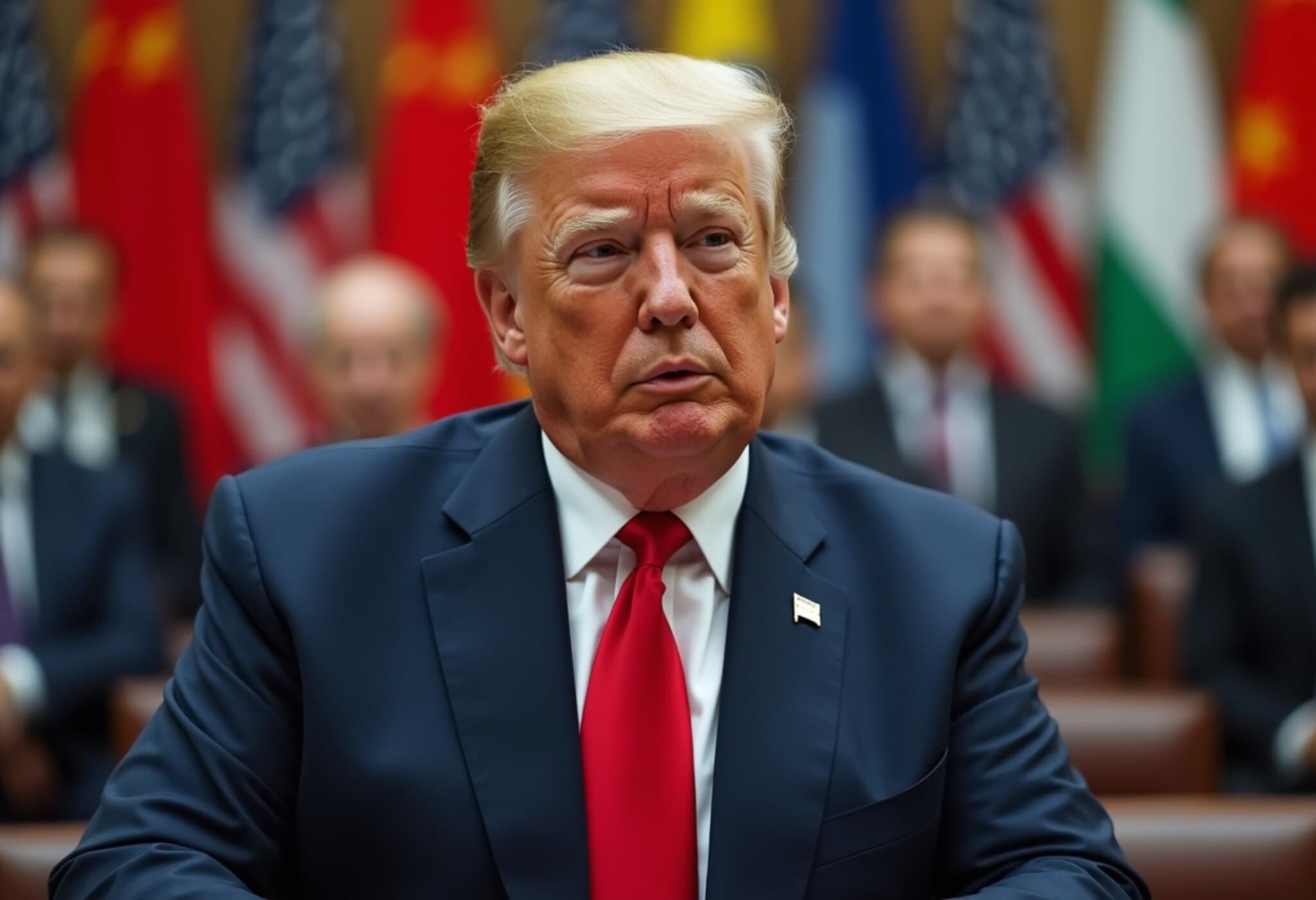Blackstone Exits TikTok U.S. Investment Consortium Amid Rising Uncertainty
In a significant development in the ongoing saga surrounding TikTok's U.S. operations, private equity powerhouse Blackstone has stepped away from the consortium aiming to take majority control of the popular social media app’s American business. This move, confirmed by sources close to the matter, adds another layer of complexity to an already uncertain deal, which remains entangled in broader U.S.-China political and trade negotiations.
The Background: TikTok's U.S. Ownership Challenge
TikTok, owned by Chinese tech giant ByteDance, has found itself at the heart of heightened scrutiny and regulatory pressure from the U.S. government. Concerned about national security risks related to Chinese data access, the U.S. has mandated ByteDance to divest TikTok’s U.S. business or face a complete ban. The legislation passed by Congress sets an ultimate deadline of January 19, 2025, but administration officials have repeatedly extended earlier deadlines.
Consortium Details and Deal Structure
The investment consortium, led primarily by Susquehanna International Group and General Atlantic—both investors in ByteDance—aimed to acquire an 80% stake in TikTok’s U.S. operations, leaving ByteDance with a minority share. This arrangement was originally devised during the Trump administration as a compromise to mitigate fears over Chinese influence.
- Other major investors in the consortium included private equity firms like KKR, venture capital powerhouse Andreessen Horowitz, and tech companies such as Oracle.
- Blackstone’s involvement had been seen as a strong financial endorsement given its stature in global private equity.
What Does Blackstone's Withdrawal Mean?
Blackstone’s exit is emblematic of the multifaceted challenges facing this deal. Sources suggest the prolonged negotiations, shifting regulatory deadlines, and increasingly tense U.S.-China trade relations have contributed to investor hesitation. With White House and Congressional scrutiny mounting, coupled with Beijing’s disapproval of previous proposed transaction structures, the path forward remains cloudy.
Political and Regulatory Implications
Last month, former President Trump extended ByteDance’s divestment deadline to September 17, 2025, providing temporary relief but drawing sharp criticism from lawmakers concerned about potential security threats. Critics argue these extensions undermine legislative intent and delay decisive action on national security. Meanwhile, President Trump has indicated the TikTok issue features prominently in his ongoing trade talks with Chinese President Xi Jinping, highlighting the app’s role beyond just an economic asset.
ByteDance’s Strategic Maneuvers
Despite the turmoil, ByteDance remains resolute in addressing U.S. concerns. The company is reportedly exploring multiple avenues:
- Considering a full sale or restructuring of its U.S. operations
- Developing a separate U.S.-specific TikTok app to comply with regulatory requirements
Financially, ByteDance is thriving, recently surpassing Meta in quarterly revenue with $43 billion in earnings in early 2025. This financial strength bolsters ByteDance’s bargaining power but also intensifies American fears about the reach and influence of Chinese tech in the U.S. market.
Looking Ahead: What’s Next for TikTok’s U.S. Future?
If a deal is ultimately struck, the new American entity will likely be a joint venture, majority-owned by U.S. investors and with ByteDance retaining a limited stake. However, given the political volatility and regulatory hurdles, any final agreement faces significant headwinds.
Blackstone’s withdrawal underscores the broader uncertainty companies face when operating at the crossroads of U.S.-China competition—where commercial ambitions collide with geopolitics and national security imperatives.
Expert Commentary: Navigating the Crossroads of Security and Commerce
From a policy analyst perspective, the TikTok case is a microcosm of a global dilemma: how democratic nations balance openness to innovation and foreign investment with protecting sensitive data and infrastructure. The TikTok deal illustrates that even the largest financial players are cautious in geopolitically fraught environments.
For American regulators and lawmakers, the challenge will be crafting clear, enforceable rules that preserve innovation while safeguarding national security, avoiding prolonged uncertainty that scares off investors and complicates diplomatic relations.
Editor’s Note:
The TikTok ownership saga is far from over. Blackstone’s departure signals a need to reassess the feasibility of current takeover plans amid shifting geopolitical realities. How will U.S. policymakers balance tech innovation's economic benefits against security concerns? Will Beijing’s resistance to divestment terms continue to stall progress? These questions remain critical as TikTok’s future unfolds.



